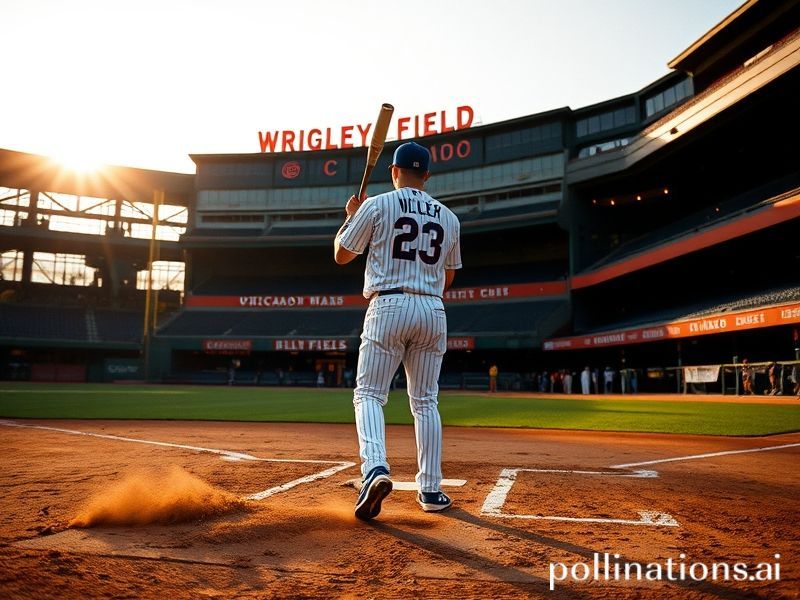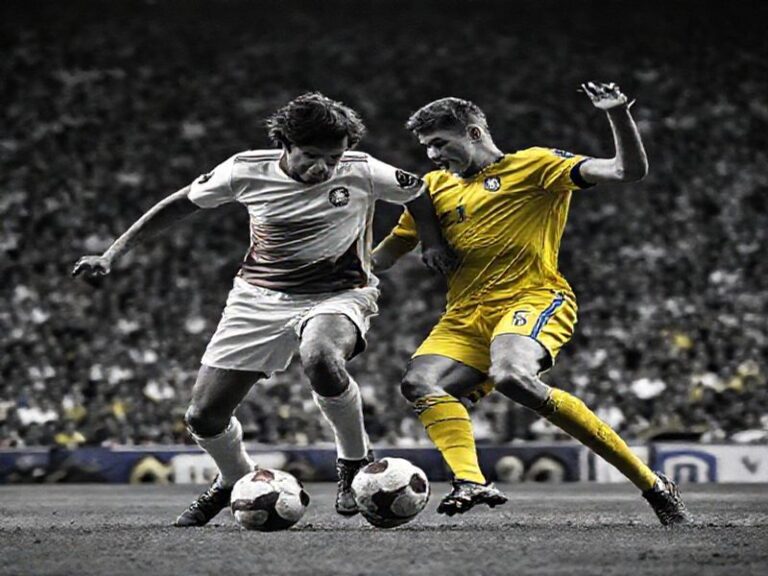How the Chicago Cubs Became the World’s Most Relatable Metaphor for Human Suffering
**The Global Implications of a Century-Old Curse: How the Chicago Cubs Became an International Metaphor for Human Futility**
In the grand theater of international affairs—where nuclear powers play chicken over shipping lanes and billionaires race to colonize Mars while Earth burns—there exists a peculiar American institution that somehow captures the essence of global human suffering more eloquently than any United Nations report: the Chicago Cubs.
For 108 years, this baseball team transformed losing into an art form so exquisite that even the Greeks, those connoisseurs of tragic inevitability, would have wept into their ouzo. The Cubs’ century-long championship drought wasn’t merely a sports statistic; it became a universal language of hope against hope, spoken from the tavernas of Athens to the karaoke bars of Tokyo. When they finally won the World Series in 2016, the collective gasp of disbelief registered on seismographs worldwide—because if the Cubs could win, perhaps Brexit could be reversed, perhaps climate change would solve itself, perhaps that Nigerian prince really would transfer those millions.
The international fascination with Chicago’s North Side masochists reveals something profound about our species: we are all, in our own ways, Cubs fans. From the British Remainer still muttering about bus slogans to the Russian dissident calculating his 0.0001% chance of outliving Putin, humanity specializes in maintaining hope while being mathematically certain of disappointment. The Cubs merely performed this ritual on a diamond instead of in a voting booth.
Consider the global implications: Japanese investors bought Cubs merchandise as economic talismans, convinced that owning a piece of such spectacular failure would make their own bubble bursts seem manageable. European intellectuals wrote doctoral theses positioning the Cubs as the ultimate postmodern commentary on American exceptionalism—how wonderfully egalitarian, they mused, that even in the land of winners, some people just keep losing. In developing nations, the Cubs became a perverse inspiration: “You think you have problems? Try being a Cubs fan.”
The team’s 2016 victory created diplomatic ripples that State Department veterans still discuss in hushed tones. The Dominican Republic briefly considered making Theo Epstein, the general manager who orchestrated the championship, an honorary citizen, while Cuba wondered if this signaled the end of American imperialism—surely a society that could wait 108 years for anything couldn’t be bothered with world domination. Italian grandmothers, who know something about curses, crossed themselves and adjusted their superstitions accordingly.
But perhaps the most telling international response came from Switzerland, where banks began offering “Cubs Clause” investment products—financial instruments that only paid out if something extraordinarily unlikely occurred, like the Cubs winning again or politicians telling the truth. The derivatives market exploded, and for a brief, beautiful moment, the global economy ran on pure, uncut hope rather than the usual cocktail of greed and amphetamines.
Today, as the Cubs return to their more familiar position of breaking hearts with metronomic precision, the world finds comfort in this regression to the mean. In an era where the impossible happens with boring regularity—where reality TV stars become presidents and viruses shut down civilization—we need the Cubs to be the Cubs, to remind us that some things, blessedly, remain predictable. Their recent struggles aren’t a failure; they’re a public service, restoring order to a universe that briefly lost its mind in 2016.
In the end, the Chicago Cubs serve as humanity’s shared metaphor, a cosmic reminder that we’re all just slightly evolved primates wearing overpriced jerseys, convinced that this year—despite all evidence, history, and basic probability—will finally be our year. And when it isn’t, we’ll do what humans have always done: blame the manager, buy more overpriced beer, and start believing again tomorrow. Because hope, like ivy on a brick wall, keeps growing even when the building’s falling down.







